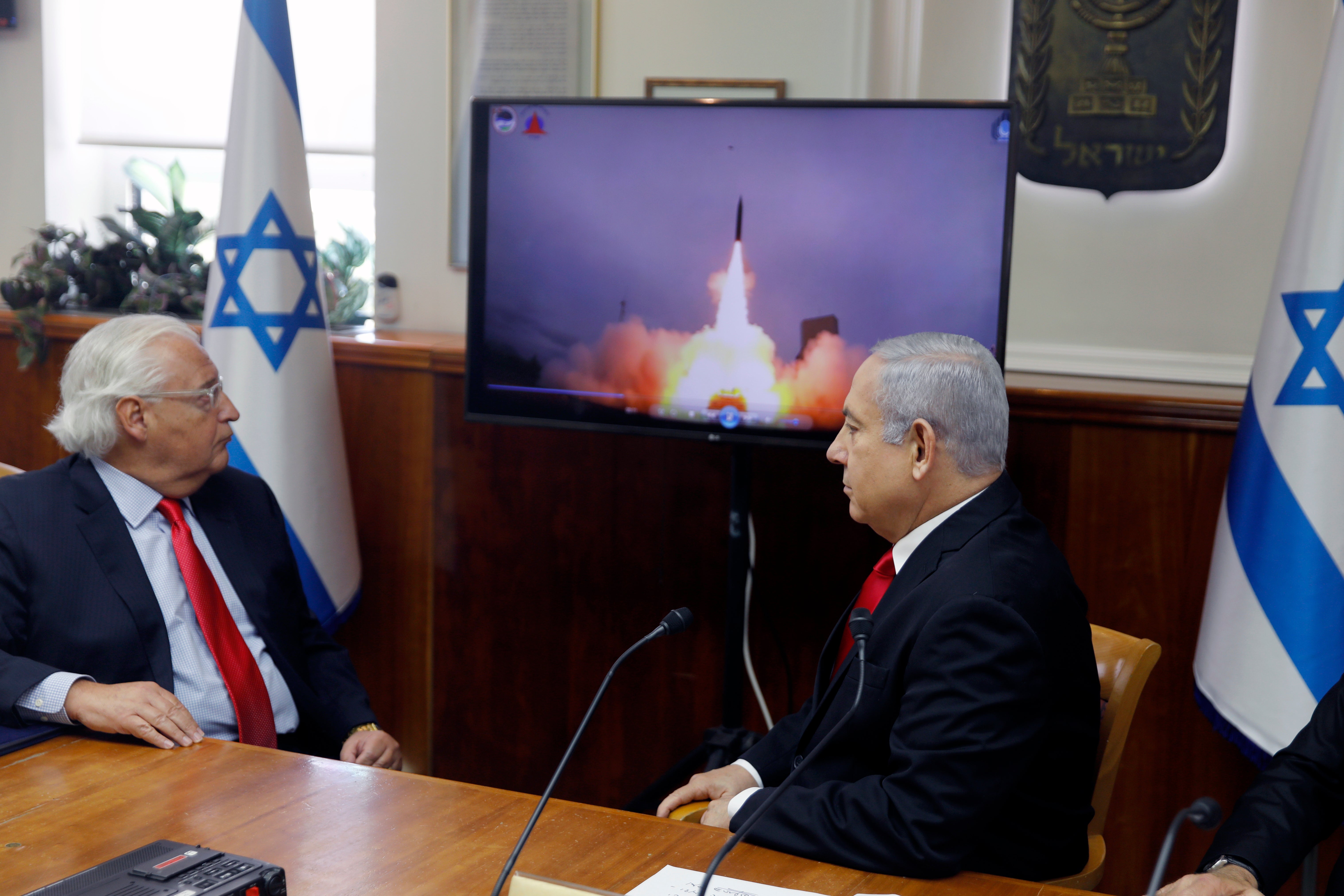Israel clinches largest-ever defense deal with Germany for $3.5 billion after securing US approval
Israel’s Defense Ministry has said it has secured its largest-ever defense deal selling a sophisticated missile defense system to Germany for $3.5 billion after the United States approved the deal

Israel's Defense Ministry said Thursday it has secured its largest-ever defense deal selling a sophisticated missile defense system to Germany for $3.5 billion after the United States approved the deal.
Although Israel has long had close economic and military links with western European countries, the deal with Germany could draw the attention of Russia, which Israel has maintained working relations with throughout the war on Ukraine. Israel has repeatedly rebuffed requests to sell arms to Ukraine for fear of antagonizing Russia.
Germany will buy the advanced defense system coined Arrow 3, which is designed to intercept long-range ballistic missiles. The deal required approval from the U.S. State Department because the system was jointly developed by the two countries.
“The American approval marks a momentous milestone in the strategic relationship between Israel and the United States,” Israeli defense official Daniel Gold said in a statement. “The joint program with the U.S. on the advanced Arrow 3 defense system strengthens our national defense," adding it will extend Gemrnya's defense capability.
The sale still requires additional procedural steps by both Israel and Germany, including approval by both parliaments, according to the director of the Israeli Missile Defense Organization, Moshe Patel who told reporters Thursday that the components of the missile system will be fully delivered to Germany by 2025 with the system reaching full capability by 2030.
Germany launched the European Sky Shield Initiative last year with 17 other nations including the United Kingdom and Sweden, a joint European air defense system.
Uzi Rubin, the former director of Israel’s missile defense program, said Arrow 3 could act as a long-range ballistic missile shield for all of Europe. He said it was the best defense against the threat of ballistic missiles but does not protect against cruise missiles or others flying at lower altitudes.
While Israel has turned down requests to provide Ukraine with weapons, it has sent humanitarian aid.
In moving ahead on the deal with Germany, Israel appears to be counting on the fact that it, as well as a sale of a different missile defense system to NATO member Finland, involves only defensive weapons.
Israel has a delicate relationship with Russia with whom it coordinates on security issues in neighboring Syria — where it has carried out hundreds of airstrikes against Iranian military positions in recent years. Russia is also home to a large Jewish community.
“Relations are a bit strained,” said Rubin, who is also an expert at the Jerusalem Institute for Strategy and Security, a think tank. “But still, we are not supplying Ukraine with any weapons. We do that because we want to keep relations with Russia at an acceptable level.”